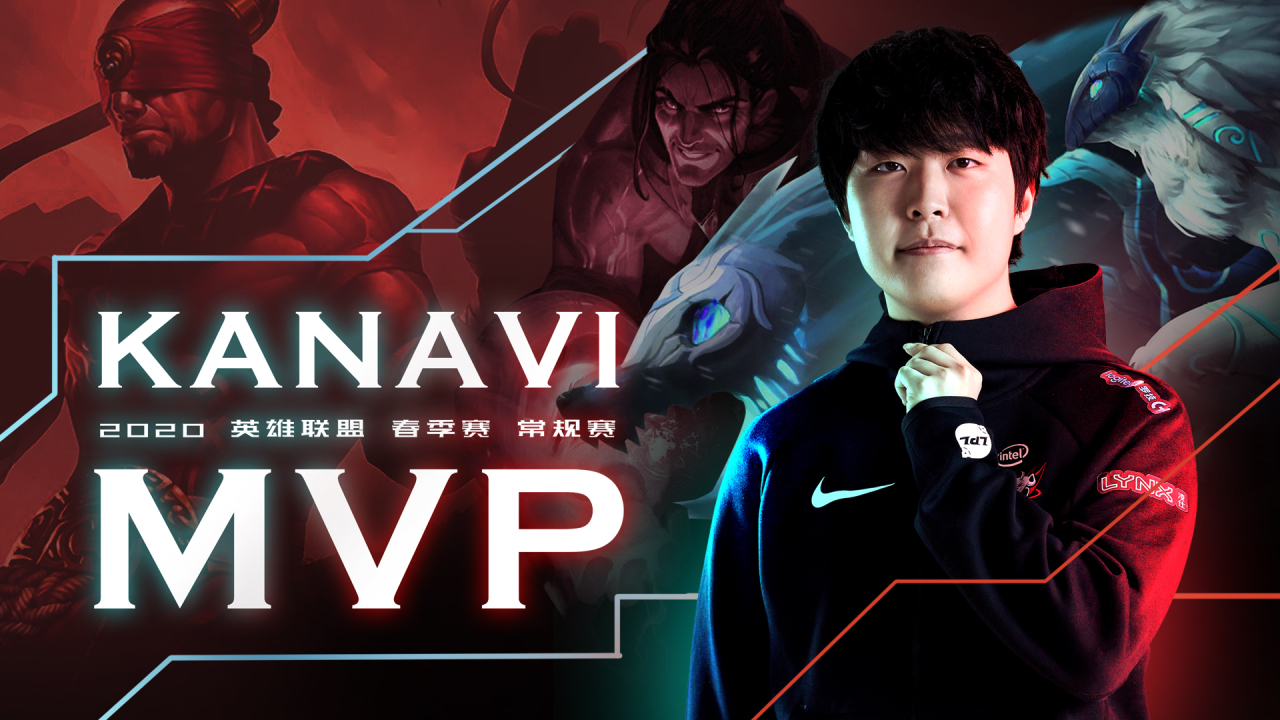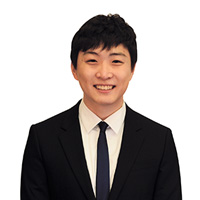Ministry of Culture, Sports and Tourism draws up standard contract for esports
By Lim Jang-wonPublished : Sept. 4, 2020 - 18:04
The Ministry of Culture, Sports and Tourism released standard contracts for esports on Thursday, addressing last year‘s online petition that requested action for fair contracts between players and organizations.
Although South Korea has been hailed as the birthplace of esports with the Starcraft league established in 1999, there has been few mechanisms to protect esports players from unfair contracts.
Although South Korea has been hailed as the birthplace of esports with the Starcraft league established in 1999, there has been few mechanisms to protect esports players from unfair contracts.

The case of Kanavi, the current jungler for LPL’s JD Gaming, last year brought to light problems in the esports industry. Kanavi was under a contract with Griffin that violated the LCK regulations that players can only be under a maximum three-year contract and allegations that former Griffin CEO threatened Kanavi surfaced when former Griffin coach cvMax shared the details during a livestream.
Over 200,000 people signed an online petition last November, requesting an investigation into Griffin regarding Kanavi’s contract and an unfair dismissal of cvMax. However, cvMax is also on trial for using physical force against one of the players during his time in Griffin.
In response, Culture Minister Park Yang-woo promised measures to protect player rights.
After months of discussion with players, gaming officials and experts, the ministry finally announced three standard contracts -- the Esports Player Standard Contract, the Esports Trainee Standard Contract and the Teenage Esports Player Standard Affiliated Agreement.
“The standard contracts, this time around, sets the rights and responsibility of each side. They try to balance protecting the rights of players who have relatively less power while allowing rightful investment and profit for gaming organizations,” said the ministry official in charge of the policy. “We hope a fair contract culture is placed in the esports industry so that its members can reach a win-win situation.”
Sections of the Esports Player Standard Contract state that the ratio of distribution for winnings and donations should be agreed upon in advance and protect the player’s right to reject unfair orders, among other things. Also, loans and transfers of players have to be agreed upon with the player‘s involvement.
The Esports Trainee Standard Contract is for trainees aspiring to be pros in esports organizations. It ensures that the trainees can be trained in a safe environment. Last October, cvMax said that Griffin trainees had to eat the leftovers of the pro players, causing an uproar among fans.
Finally, the Teenage Esports Player Standard Affiliated Agreement protects players who start their careers in their teenage years. It requires that player health be maintained and restricts the maximum number of player activity to under 35 hours per week for players under 15 and under 40 hours per week for those over 15, among other things.
The ministry has distributed these contracts to organizations like the Korea Creative Content Agency and the Korea e-Sports Association. Annual checks will be made to see how well the contracts are being used.
Efforts to protect esports players, mostly in their teens and 20s, have continued after the Kanavi incident last year. Riot Games has prioritized protecting player rights with the LCK adopting a franchise system next year. One of the measures is a minimum salary increase for registered players.
However, whether teams will adopt new standard contracts to bring out the desired results remains to be seen.
By Lim Jang-won (ljw@heraldcorp.com)
-
Articles by Lim Jang-won


![[Herald Interview] 'Amid aging population, Korea to invite more young professionals from overseas'](http://res.heraldm.com/phpwas/restmb_idxmake.php?idx=644&simg=/content/image/2024/04/24/20240424050844_0.jpg&u=20240424200058)














![[KH Explains] Korean shipbuilding stocks rally: Real growth or bubble?](http://res.heraldm.com/phpwas/restmb_idxmake.php?idx=652&simg=/content/image/2024/04/25/20240425050656_0.jpg&u=)

